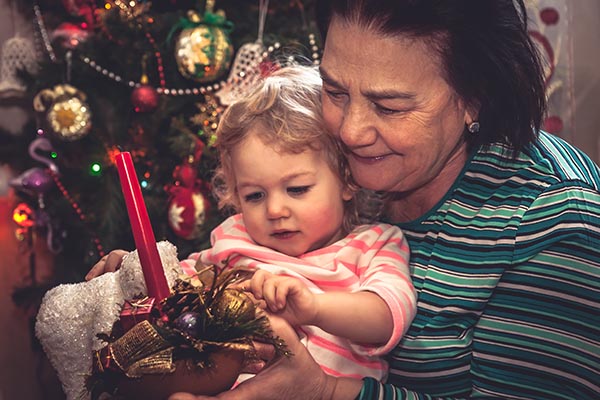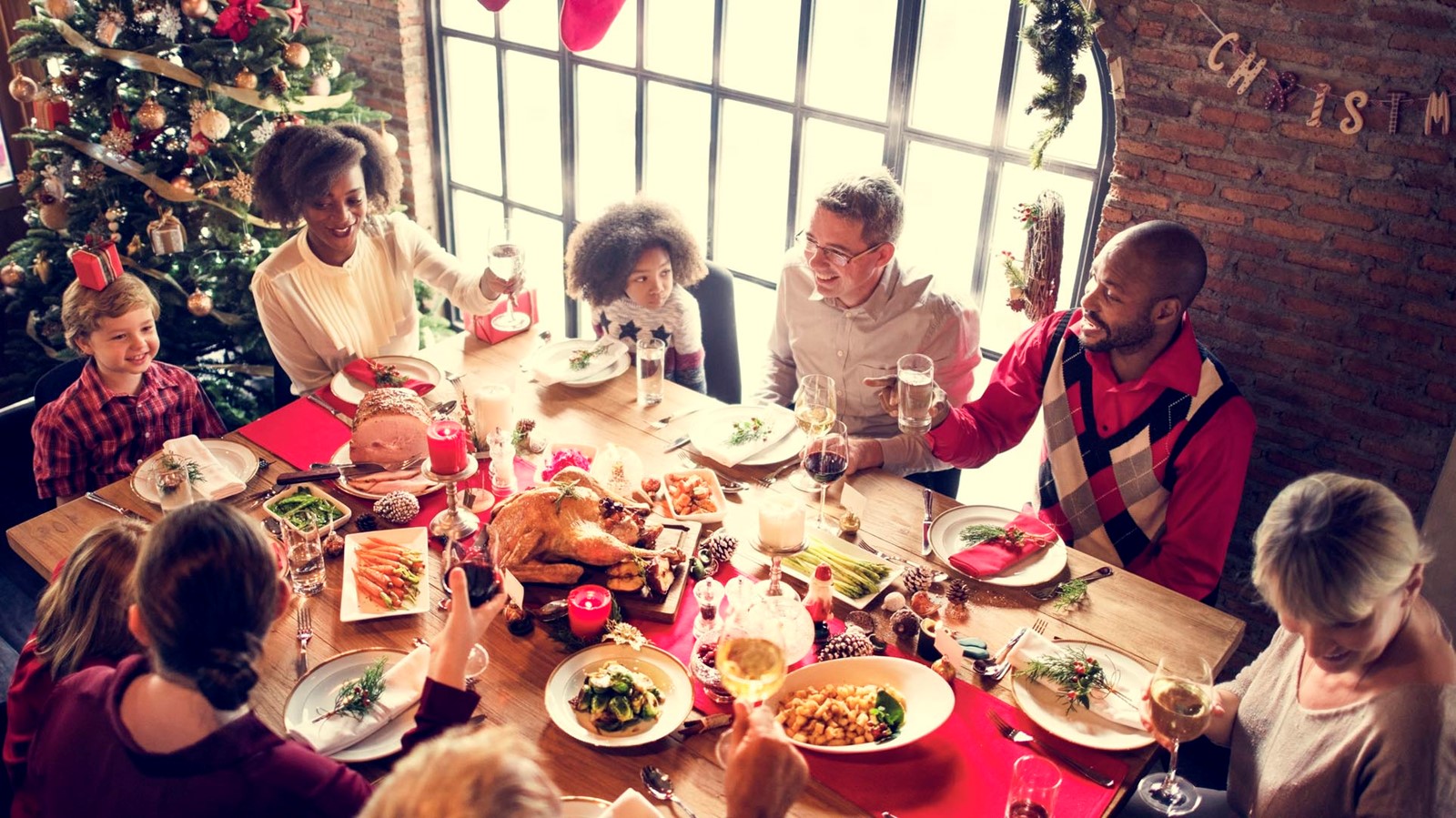Some people may still lay a place at the Christmas dinner table for a relative who has died; others may send a card to a dead loved one every December; while some may ignore the festive season completely and shun their traditions.
For those who are grieving loved ones, Christmas can be one of the toughest times of the year.
But the message from BACP member and counsellor Susan Carr is there’s no right or wrong way of dealing with grief at Christmas.
How you deal with grief is personal to you.
“Christmas is a time that comes up regularly among the people I speak to and at bereavement groups.
“There are days that are really hard for people: the first anniversary of someone’s death; the dead person’s birthday and Christmas,” said Susan, who runs Susan Carr Counselling Services in Hyde, Greater Manchester.
Recognise it can be difficult
“It’s important to be aware that Christmas can be difficult; that it’s ok to cry.
“There’s so much pressure to have the perfect Christmas; all the adverts on television and the build-up. There’s an expectation that everyone spends time with their families - but for many people it’s not like that at all. They really miss the person who has died at Christmas.
“Part of coping with this is acknowledging that there’s not a right way of dealing with grief at Christmas – it's personal to you.”
One of the hardest decisions to make can be choosing what to do on Christmas Day itself.
Grief is personal
“People are very good at offering advice and you may get a lot of offers to come and visit on Christmas day. But it’s about choosing what you want to do,” said Susan.
“Some people want to hold on to their Christmas traditions, and do exactly the same as they have done in previous years. They may set a place at the dinner table for the person who is missing, make a toast to them, send cards to or from the person who has died.
“That might work for one person, but for others it might upset them. There’s no one-size-fits-all when it comes to grief,” said Susan.
Healthy mix
“Others do not want to celebrate Christmas at all. They just want to stay at home and watch TV in their pyjamas. Some people want to do something different, such as going on holiday.”
“Other people do a mix of these, they create new traditions but also hang on to some of the things that are familiar to them. This mix can be very healthy,” said Susan.
“The grieving process is about moving on but also about remembering what you have lost.”

Christmas can be hard for people who are grieving loved ones.
Susan suggested it could help if people who are grieving talk to relatives in advance about where they may want to spend Christmas and which traditions they may want to uphold or ignore.
Think about plans in advance
“It’s best to set out these things beforehand. Thinking about what you want to do at Christmas in advance can help. A bit of a plan might make it a little bit easier.
“What people tend to find is that the anticipation is the hardest part – actually the day is better than expected.”
Things can be even more complicated and difficult when more than one person in the family is grieving.
Especially when a group of relatives get together to celebrate Christmas.
Respect family members’ choices
“People might be grieving in different ways; they might have different traditions,” said Susan
“It’s important to respect each others’ choices. Not everyone will want to will want to do the same thing.
“There are so many different ways in which people grieve, don’t try to force your way of grieving on someone else.”
And Susan added that the lull between Christmas and New Year can sometimes be the hardest part of the festive season for people who are grieving.
Before New Year
“People are often very good at planning for Christmas, but they forget about the days afterwards in leading to New Year.
“Sometimes just being aware that this period can be hard too is a good start.
“Think about how you might cope; maybe make some plans. I have spoken to people who have used this time as an opportunity to do some volunteering, perhaps helping at a homeless shelter.
“Do something that will make you feel good about yourself.”
Susan added: "The idea that Christmas is a traditional time when families get together, that’s not the case any more for many reasons. Grief is often one of the things that makes Christmas a very hard time for families.”
If you want to seek advice or help about grief or bereavement you can find a BACP counsellor or psychotherapist via our Therapist directory.
